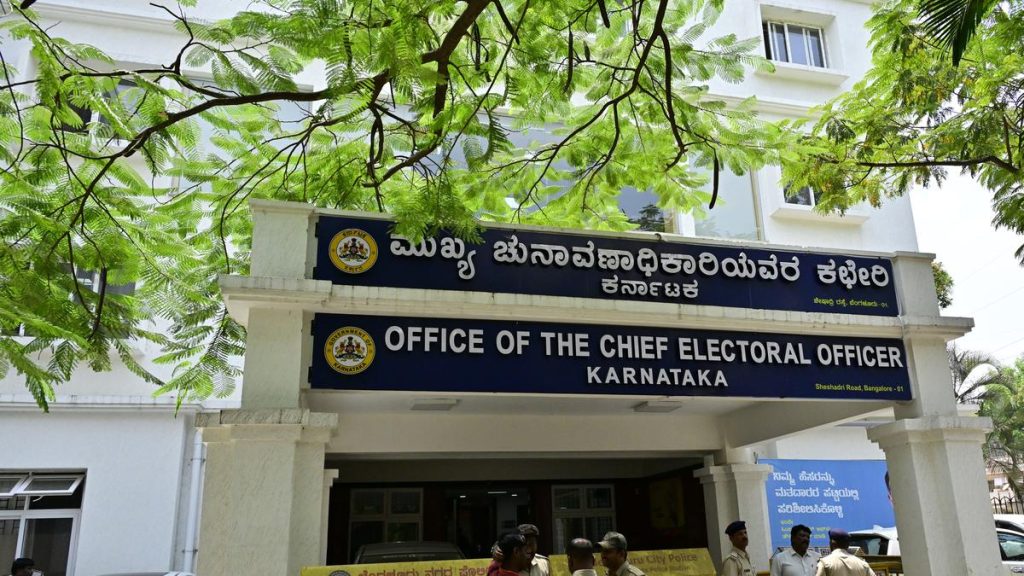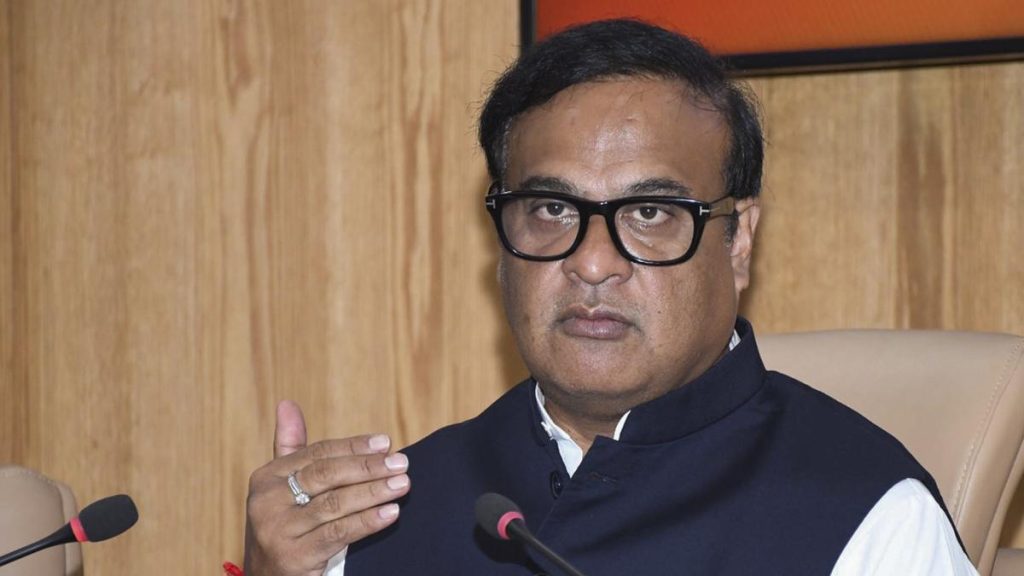Now Reading: SC Declines to Review HC Order on ‘Global Ayyappa Sangamam
-
01
SC Declines to Review HC Order on ‘Global Ayyappa Sangamam
SC Declines to Review HC Order on ‘Global Ayyappa Sangamam
Swift Summary
- Event Approval: The Supreme Court refused to intervene in the Kerala High Court’s interim order allowing the Travancore Devaswom Board (TDB) to conduct the Global Ayyappa Sangamam along the banks of River Pampa near Sabarimala.
- High Court Conditions: The Kerala High court stated that the event must not harm the sanctity of either Sabarimala temple or River Pampa and permitted it under specific conditions.
- Petitioners’ Opposition: Devotees argued that a similar event was stopped by court order in 2022 for violating forest laws and disturbing wildlife. Thay described this year’s sangamam as “purely commercial” wiht no connection to religious activities.
- Supreme Court Remarks: Justice P.S. Narasimha stated that intervention was unnecessary since it’s an interim matter, leaving all questions open for further deliberation by the High Court.
- Petitioners’ Concerns: Petitioners requested restraint on using temple funds or resources for non-religious purposes,citing potential violations of religious institution laws (Travancore-Cochin Hindu Religious Institutions Act,1950).
Indian Opinion analysis
The Supreme Court’s decision highlights its preference to let lower courts handle interim matters rather than stepping in prematurely. While supporters claim such events strengthen spiritual connections, opposing voices raise legitimate concerns about environmental impact and misuse of temple funds.For India, this legal tussle underscores broader debates over managing traditions while balancing ecological preservation and openness in religious fund usage.
The case also brings attention to how public trust can be affected when religious entities engage in activities perceived as commercial rather than sacred. by leaving key questions open, both courts will need thorough examination of legality under existing forest protections and institutional regulations-a significant precedent given India’s blend of heritage conservation with modern-day practices.
Read More: Link























